
Universal Studios
Jaws is the quintessential American adventure film. It is the product of a wunderkind director who turned a tortured production and an unfocused source novel into transcendent escapist art.
Fifty years after its release, Jaws remains an essential tentpole in the history of American movie making.
Jaws stars Roy Scheider as Martin Brody, the police chief of Amity Island, a small New England beach town.
When the mutilated remains of a young woman wash ashore, Brody is told by the Coroner that the likely explanation is a shark attack, but is talked out of closing the beaches by Mayor Larry Vaughn (Murray Hamilton) who is more concerned with losing out on the tourist trade than the safety of beach goers.
When a second attack results in the death of a local boy, Brody enlists the help of oceanographer Matt Hooper (Richard Dreyfuss) who confirms the original cause of death and warns that the attacks will continue as long as food is available. It isn’t until the 4th of July where the shark kills another boater and hospitalizes Brody’s son that Vaughn finally relents, allowing him to close the beaches and charter local sharker Quint (Robert Shaw) along with Hooper to go and kill the maneater.
Jaws was envisioned as a monster movie matinee built around what would have been the most convincing animatronic monster to date but the apparatus was notorious for never working correctly. Desperate, Spielberg re-envisioned the piece as a psychological thriller where the shark is almost never seen until the finale but only suggested through clever editing and John Williams’ legendary score. The decision proved to be a master-stroke: the power of Jaws lies in what we are permitted to infer from incomplete visual information: the first victim’s remains cause the deputy to vomit, and even Hooper to be shocked; the scene where the Kintner boy is killed crescendoes with his raft being upturned in long shot and the water just visibly starting to redden, which is chilling.
He was greatly aided by commissioning John Williams to do the score. Williams was, at this point, probably best known for his work on Irwin Allen’s disaster films like The Towering Inferno, but he had also worked on psychological thrillers like Images and the marriage of the two approaches is reflected in Jaws. The simple two-note motif of the main theme is a cultural shorthand for impending doom and the first perfect score of a legendary run for Williams that includes Star Wars, Superman, and Raiders of the Lost Ark.
On a deeper level though, the production problems with the shark gives the film a laser focus on its performances because all the suspense is located in how the shark is affecting Brody. Schieder, Dreyfuss, and Shaw are the heart of the film and the dynamics of how they play off one another in the third act is continually fascinating even on repeat viewing.
What Jaws most clearly foreshadows in Spielberg’s career is his patience with actors, and refusal to allow spectacle to swallow up characterization even when the spectacle is excellent. If you talk to people about why they love Jaws, invariably you’ll get a discussion of all the little moments between the attacks: the hysteria when Mrs. Kintner puts a bounty on the shark that killed her son; Brody despondent until he notices his young son mimicking him at the dinner table; Hooper’s autopsy; Quint interrupting the Town Council and his legendary monologue about the U.S.S. Indianapolis (product of an incredible dialogue polish from John Milius).
Extras are plentiful, with three feature length documentaries (The Making of Jaws, The Shark is Still Working, and Jaws @ 50: The Definitive Inside Story), featurettes, deleted scenes and outtakes, archival material, and theatrical trailer.
Jaws is a human story: about the unknown fears we surround ourselves with every day, about how what is familiar and even pleasant can suddenly turn on us, and about the process of understanding and overcoming our fears to become better people in the end. Brody, Hooper, and Quint all set out on that final voyage with different aims and understandings of the shark: for Quint this is revenge; for Hooper this is a scientific investigation; and for Brody this is a penance for putting his family in jeopardy. Brody seems to be the least equipped to deal with the shark, but in the end Quint is devoured by his hate and Hooper is sidelined by his passion and Brody overcomes his fear, and in classic Hitchcockian fashion, reveals the hero underneath.




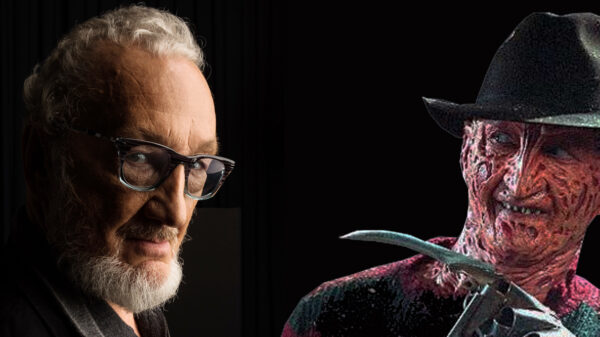

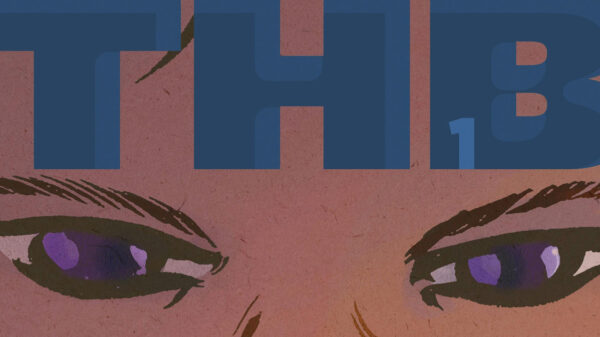

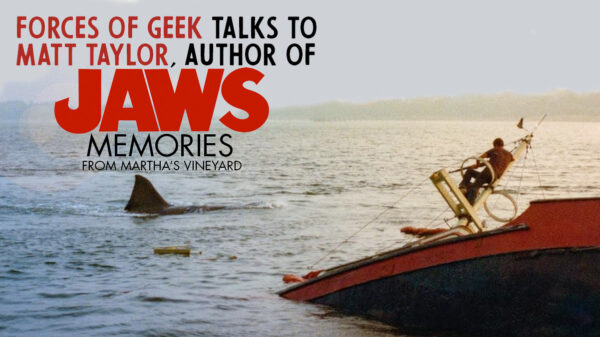
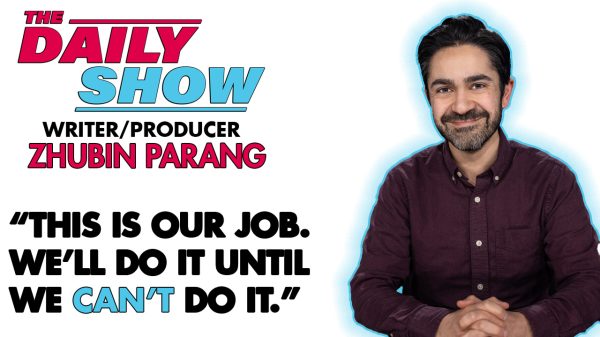
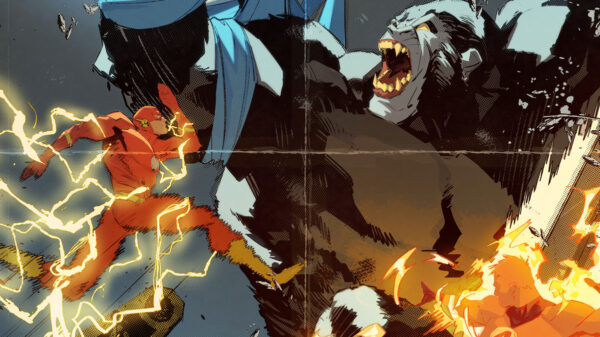
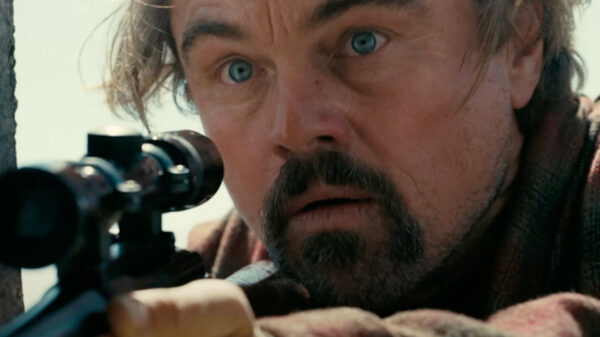

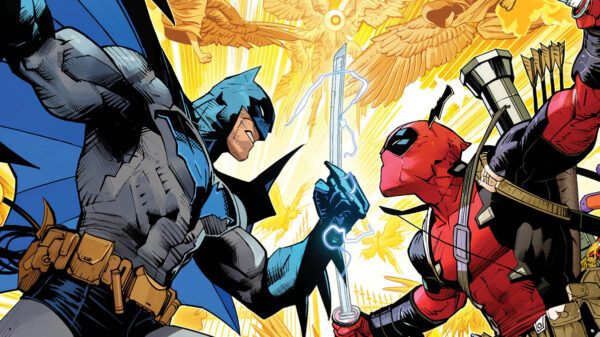
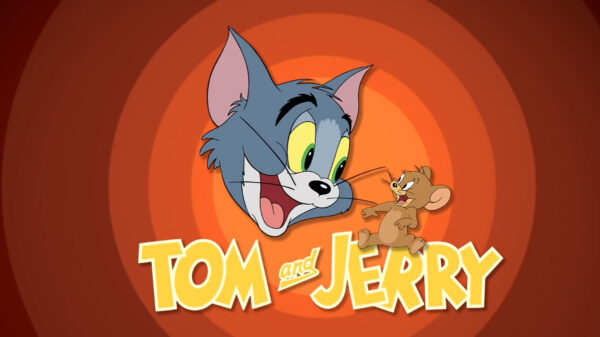





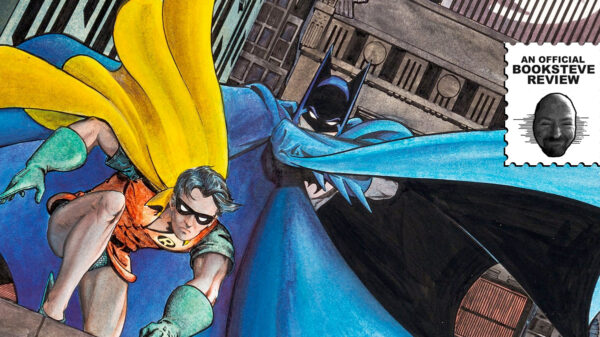
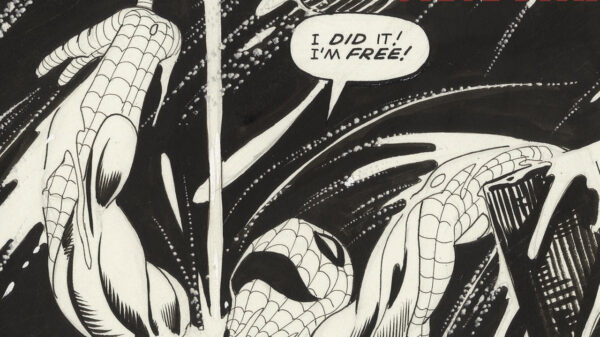
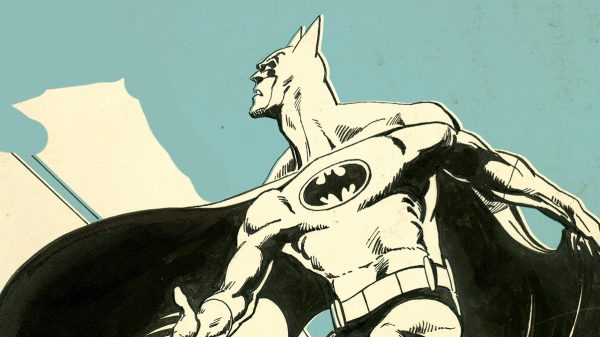

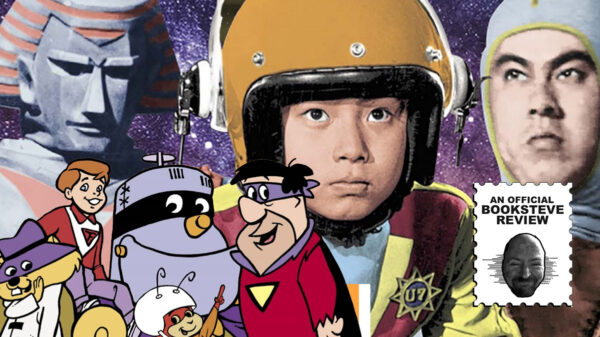
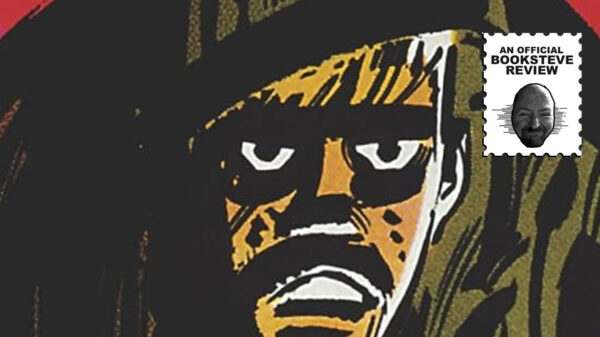
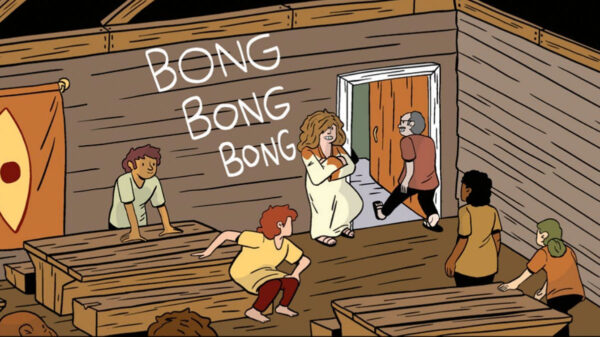
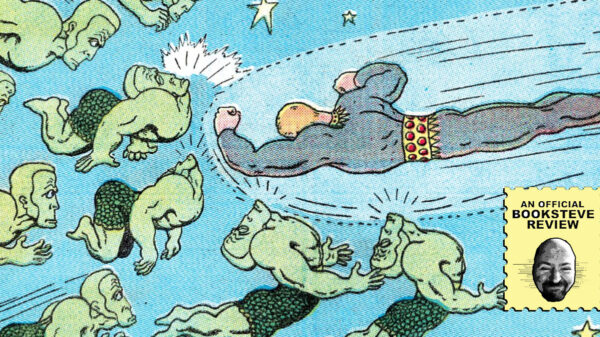
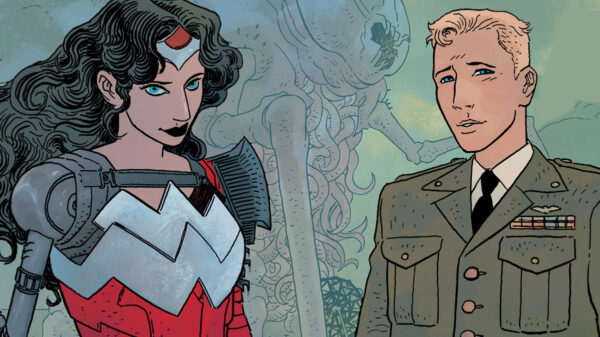









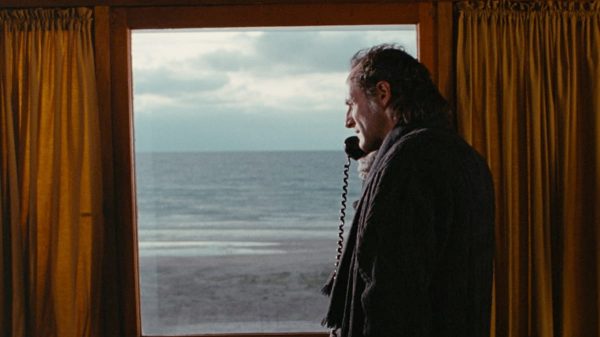

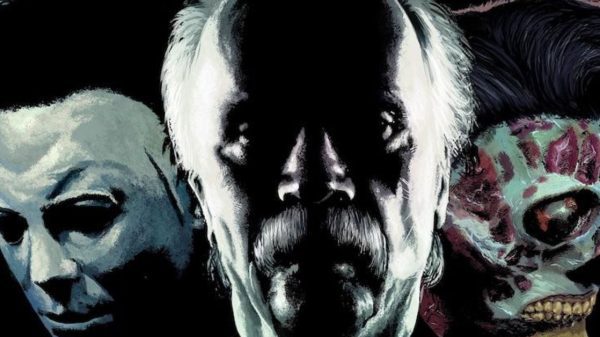
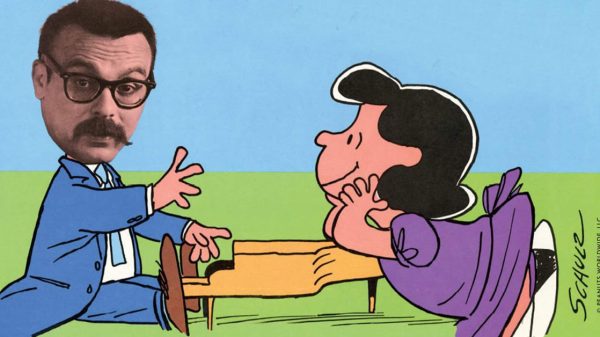












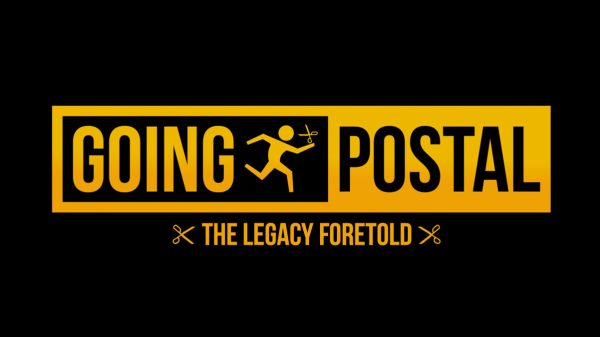

















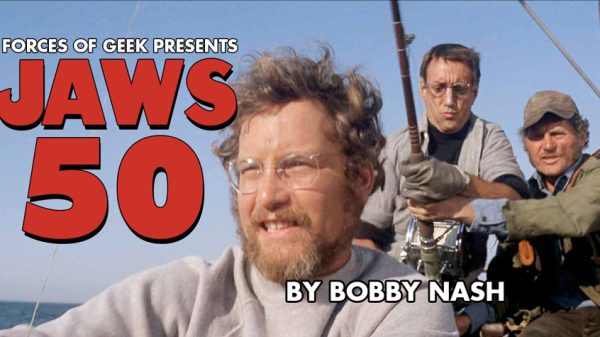









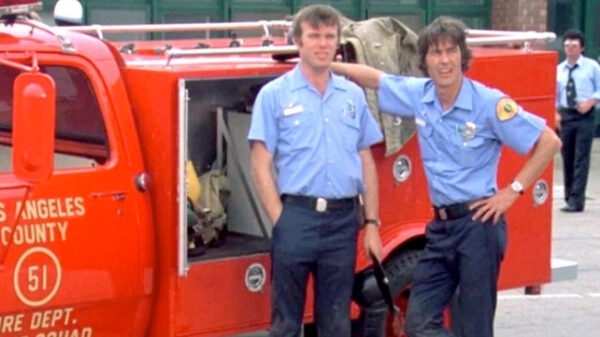
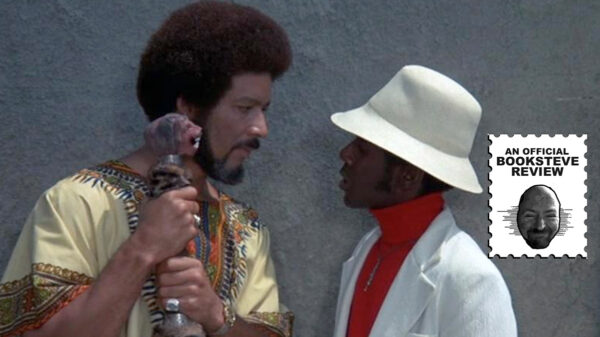
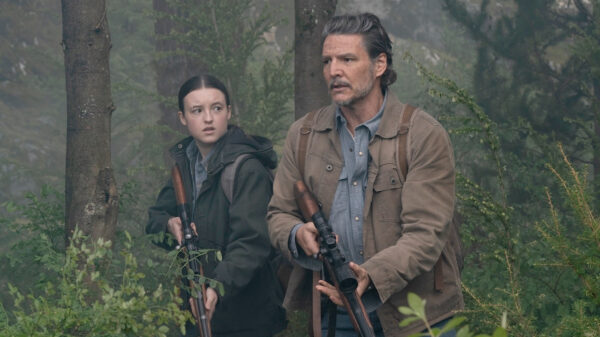




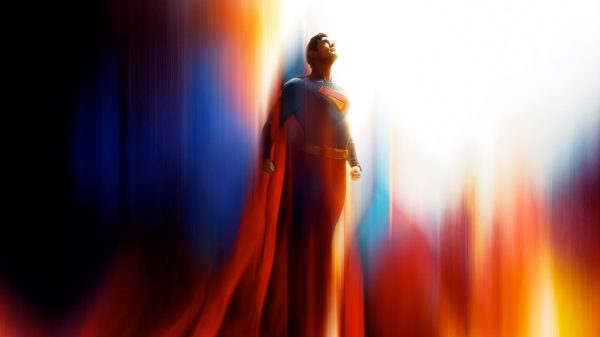







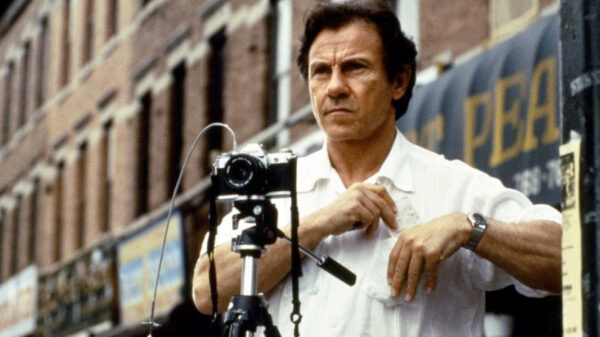
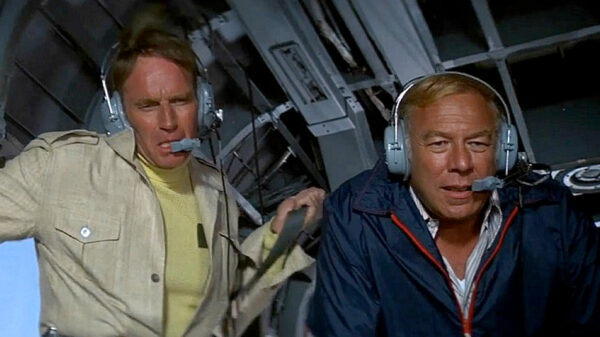




You must be logged in to post a comment Login